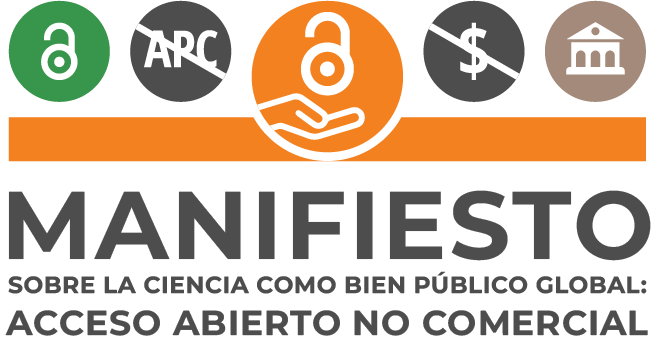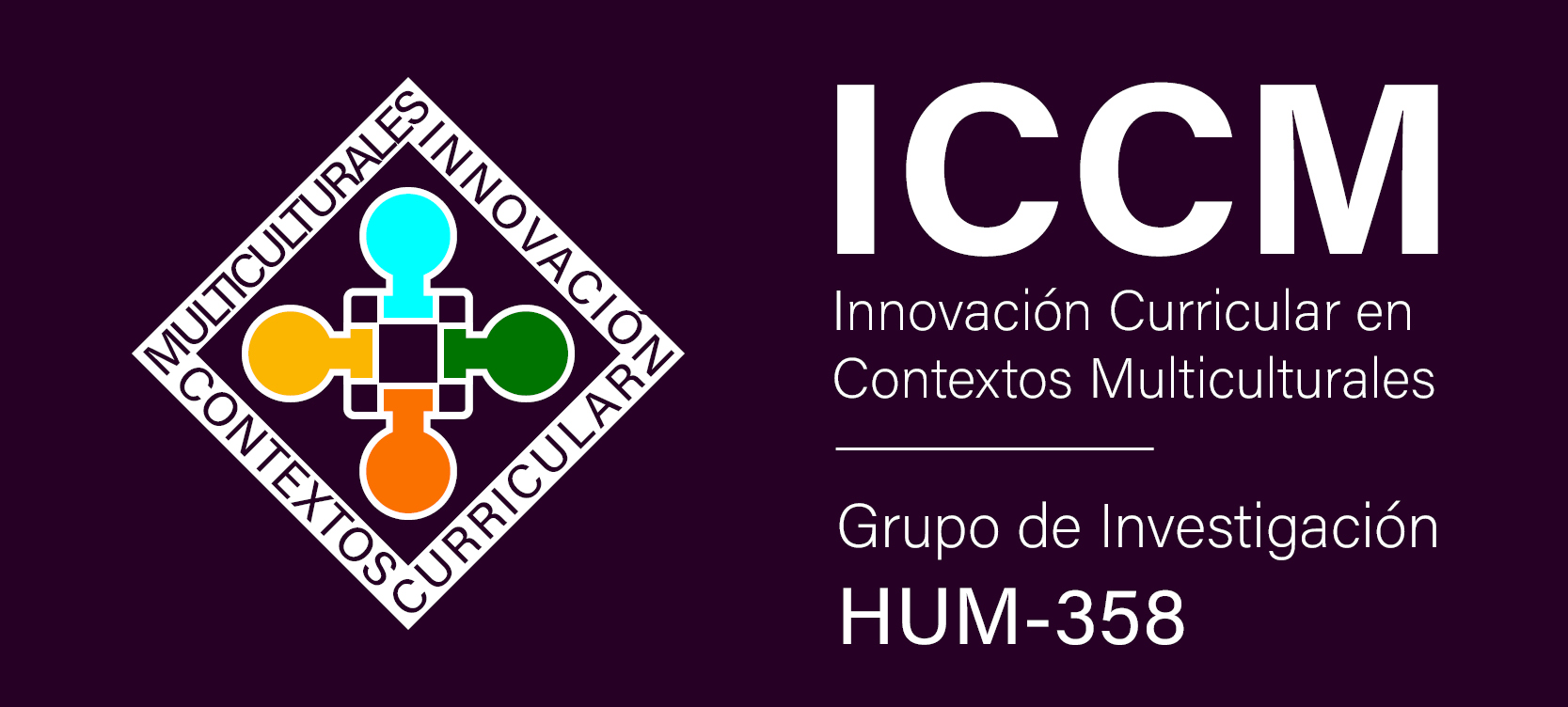LUCES Y SOMBRAS EN LA CONSTRUCCIÓN DE UNA EDUCACIÓN INTERCULTURAL EN TIEMPOS DE INCERTIDUMBRE
DOI:
https://doi.org/10.30827/modulema.v1i0.6061Palabras clave:
Educación Intercultural, Diversidad, Inclusión, Formación del profesorado, DidácticaResumen
La sociedad de hoy vive inmersa en tiempos de incertidumbre en todos los niveles y dimensiones. La rapidez e inmediatez de los acontecimientos y la naturaleza compleja y multicausal de los conflictos humanos nos hace repensar los valores sobre los que sustentamos las prácticas sociales, culturales, éticas y educativas. Así, en este artículo vamos a plantear la existencia de luces y sombras en la configuración emergente de la educación intercultural como una respuesta ineludible para transformar la sociedad y la escuela en más humanidad e inclusión. La diversidad es lo común y lo común es la diversidad en este mundo actual donde necesitamos reafirmar los principios y valores democráticos ante la propagación de discursos y movimientos populistas, xenófobos y totalitarios que rechazan la convivencia y el diálogo intercultural. Por este motivo, aportamos algunas ideas pedagógicas para la generación de procesos formativos y de innovación en interculturalidad en los centros educativos.Descargas
Citas
Arnáiz, P. & Escarbajal, A. (2012). Reflexiones sobre cultura, identidad y racismo desde una mirada pedagógica. Teoría de la Educación, 24(2), 83-106. Recuperado de https://dialnet.unirioja.es/servlet/articulo?codigo=4115318
Bash, L. (2012). Intercultural education and the global-local context: Critiquing the culturalist narrative. Issues in Educational Research, 22(1), 18-28. Recuperado de http://www.iier.org.au/iier22/bash.pdf
Beaudoin, N. (2013). Una escuela para cada estudiante. Madrid: Narcea.
Borghetti, C., Beaven, A., & Pugliese, R. (2015). Interactions among future study abroad students: exploring potential intercultural learning sequences. Intercultural Education, 26(1), 31-48. doi: 10.1080/14675986.2015.993515
Checa, P. (2015). La deshumanización. Recuperado de http://elpais.com/elpais/2015/11/04/opinion/1446653815_650668.html
Coulby, D. (2006). Intercultural education: theory and practice. Intercultural Education, 17(3), 245–57. Recuperado de http://www.tandfonline.com/doi/pdf/10.1080/14675980600840274
Cruz, J. (2015). “Un niño es el mundo entero”, El País, Recuperado de http://internacional.elpais.com/internacional/2015/09/02/actualidad/1441216415_550941.html?rel=mas
Dervin, F. (2015). Towards post-intercultural teacher education: analysing ‘extreme’intercultural dialogue to reconstruct interculturality. European Journal of Teacher Education, 38(1), 71-86.
Escarbajal, A. (2010). Interculturalidad, mediación y trabajo colaborativo. Madrid: Narcea.
Escarbajal, A. (2013). La Educación Intercultural en el contexto social y educativo, En-clave pedagógica, 13, 91-99.
El País (2017). Así reaccionan los hijos de inmigrantes en Dinamarca cuando les dicen que no son daneses. Recuperado de http://elpais.com/elpais/2017/03/15/videos/1489596554_760244.html
Essomba, M. A. (2012). Inmigración, sociedad y educación en la UE. Hacia una política educativa de plena inclusión, Cultura y Educación, 24(2), 137–148.
Holmes, P., Bavieri, L., & Ganassin, S. (2015). Developing intercultural understanding for study abroad: students’ and teachers’ perspectives on pre-departure intercultural learning. Intercultural Education, 26(1), 16-30.
Kinginger, C. (2015). Student mobility and identity-related language learning. Intercultural Education, 26(1), 6-15.
Leiva, J. (2015). Las esencias de la educación intercultural. Archidona (Málaga): Aljibe.
Leiva, J. (2017) La Escuela Intercultural hoy: reflexiones y perspectivas pedagógicas. Revista Complutense de Educación, 28(1), 29-43.
López-Melero, M. (2004). Construyendo una escuela sin exclusiones. Archidona (Málaga): Aljibe.
López-Melero, M. (2008). La didáctica de la escuela inclusiva, en A-. Herrán. y J. Paredes, Didáctica General: la práctica de la enseñanza en Educación Infantil, Primaria y Secundaria, (pp. 333-358). Madrid: McGrawHill.
Martín, G., & Grosfoguel, R. (2012). La islamofobia a debate. La genealogía del miedo al Islam y la construcción de los discursos antiislámicos. Madrid: Casa Árabe-IEAM.
Peñalva, A. & Soriano, E. (2010). Objetivos y contenidos sobre interculturalidad en la formación inicial de educadores y educadoras. ESE: Estudios sobre educación, 18, 37-57.
Perazzo, N. (2012). Turquía, actor de relevancia en el panorama geopolítico global. Documento de Opinión, 51, 1-14.
Portera, A. (2008). Intercultural education in Europe: epistemological and semantic aspects. Intercultural education, 19(6), 481-491.
Punteney, K. (2016). Deliberations on the development of an intercultural competence curriculum. Intercultural Education, 27(2), 137-150.
Sales, A. (2006). La formación inicial del profesorado ante la diversidad: una propuesta metodológica para el nuevo espacio europeo de educación superior, Revista Interuniversitaria de Formación del Profesorado, 20(3), 201-217.
Soriano, E. (2007). Convivir entre culturas. Un compromiso educativo. En E. Soriano (Coord.), Educación para la convivencia intercultural (pp. 99-126), Madrid: La Muralla.
Soriano, E. (2009). Vivir entre culturas: una nueva sociedad. Madrid: La Muralla.
Soriano, E. & Peñalva, A. (2011). Presente y futuro de la educación intercultural en la formación inicial de los profesionales de la educación, Aula abierta, 39(1), 117-130.
Soriano, E. & Peñalva, A. (2015). La formación inicial del profesorado en interculturalidad. En A. Escarbajal (Ed.), Comunidades interculturales y democráticas: un trabajo colaborativo para una sociedad inclusiva (pp. 113-126). Madrid: Narcea.




















